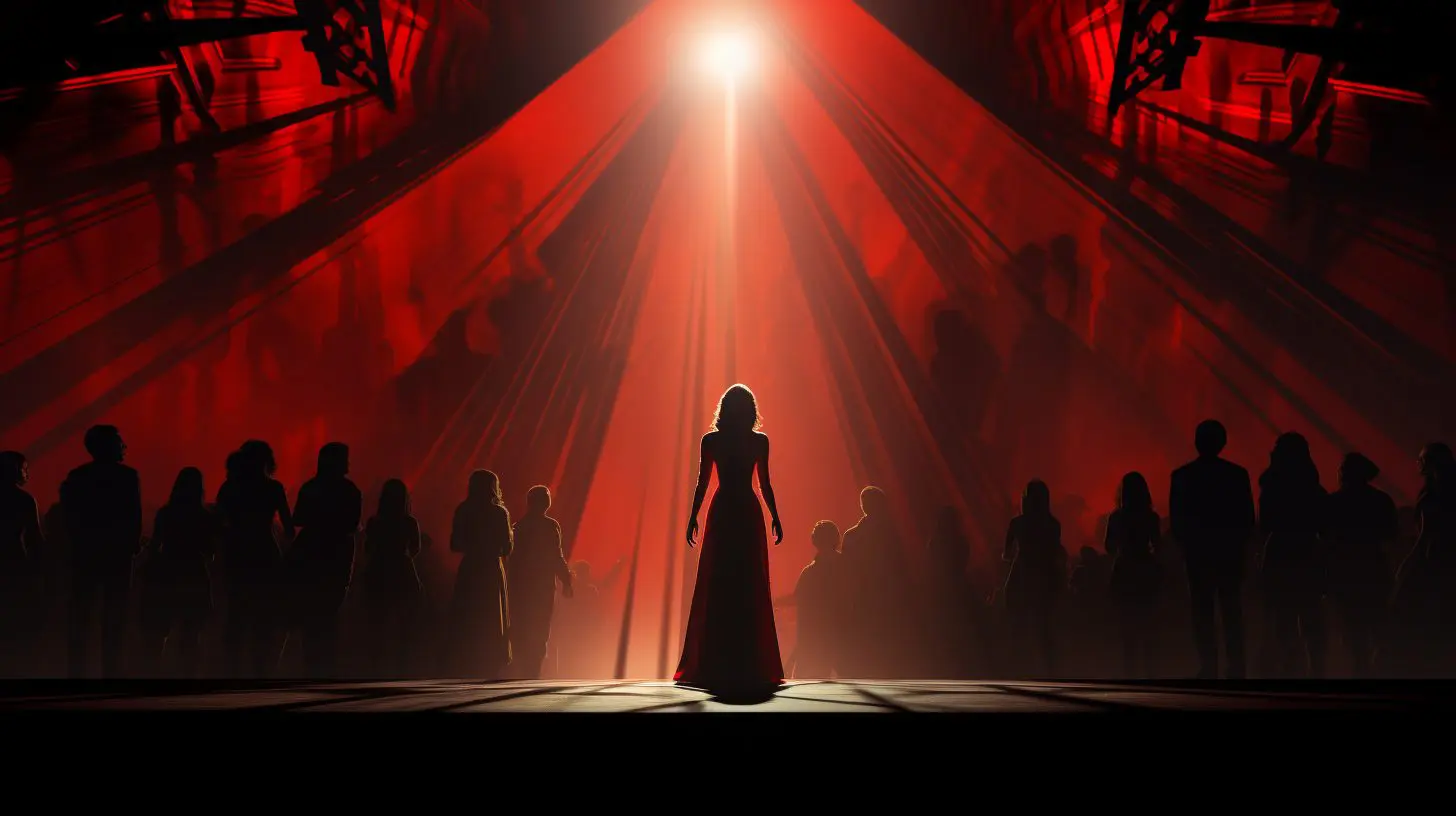
Performance Anxiety??





The vision must be followed by the venture. It is not enough to stare up the steps—we must step up the stairs.
— Vance Havner
All of us have had nightmares about forgetting text or musical phrases as we get close to performing new arias or a new role. It’s not uncommon! Often, we feel it is a benchmark for ourselves and others to know if we have truly done the work and are now ready to perform with a company or orchestra.
Sure, the words and music have to be memorized and you definitely need to know what each word means if it is in a foreign language, but there is another element that is often overlooked that helps us connect it all together: It’s crucial that you take the time to really feel the visceral impact from singing one line, while understanding and feeling the emotional support from the accompaniment. Not just when you are singing, but what leads you musically from one phrase to another.
Often in opera, we might be saying one thing and the accompaniment is letting the audience know internally that we are saying something quite different. It might be expressing an even deeper emotion of impatience, happiness, sadness, anger, fear, etc. Practiced this way, with putting together the music, text, and emotions of each line creates a very intimate, in-depth, and detailed understanding required to tell the story through the sound of your voice. You don’t need to do more than that!
So, once your technique is something you don’t have to think about and can trust, it is a simple act of thinking a very small thought in your head as to where you want to lead your character so that the audience can easily feel the emotional impact of the music and text, which will then come through the sound of your voice and be expanded by what the piano, chamber group, or orchestra is saying. This all adds to the emotional and intimate storytelling that sweeps through an audience.
This kind of Intimacy happens only when you commit to relating to every sound and each word on the page deeply and directly, to hearing things you didn’t notice were there before, to constantly discovering new things in a piece of music you thought you already knew. It happens because you love the music so much that you're willing to be stretched by it, to keep listening for more in it, and to keep growing as an artist. We do ourselves an injustice when we don’t take the time to enjoy these intimate opportunities to continue to grow these new skills and tools in our practicing and performing. And the best news is, it’s a lifelong journey.
Avanti!!